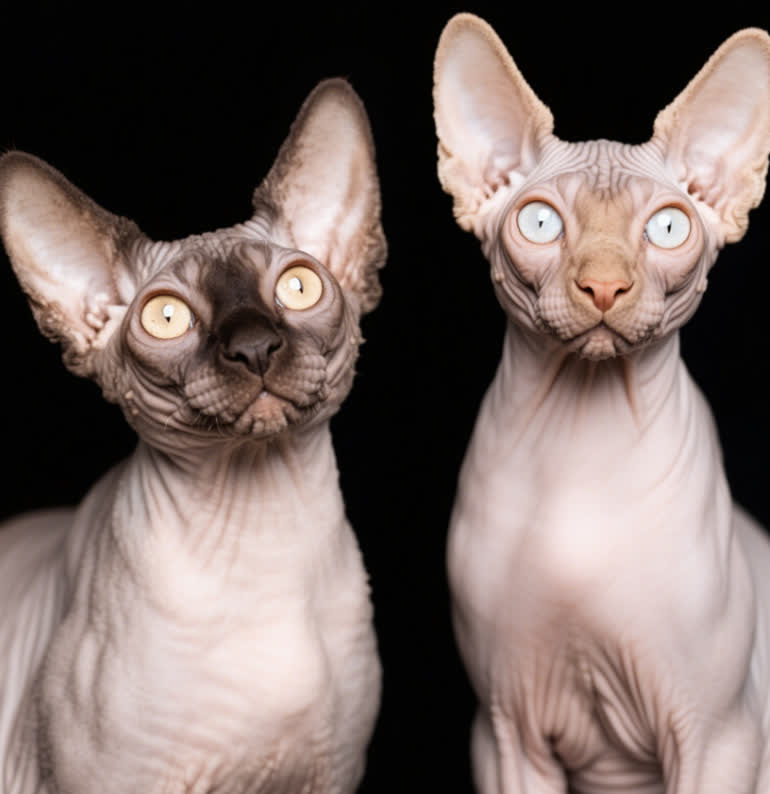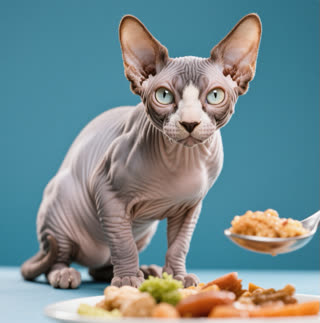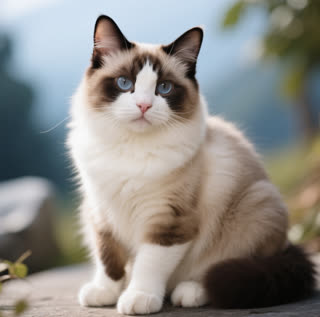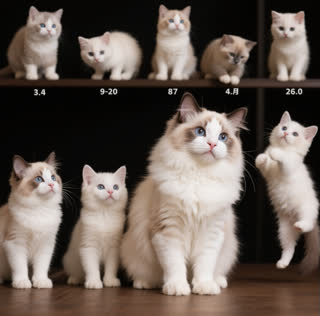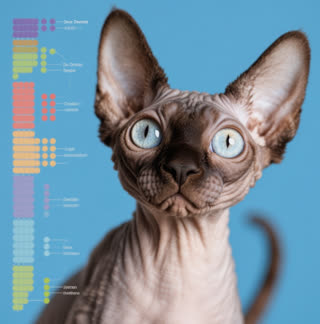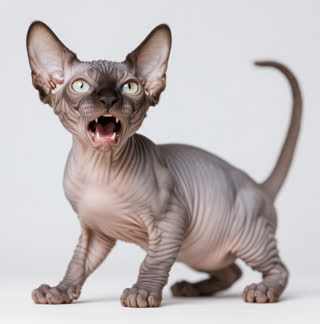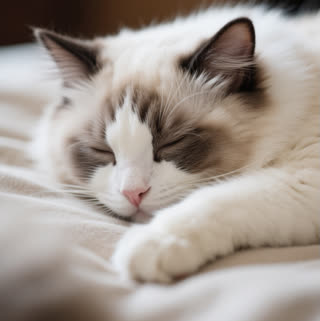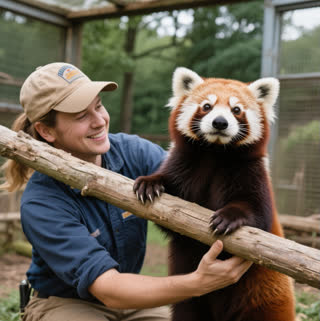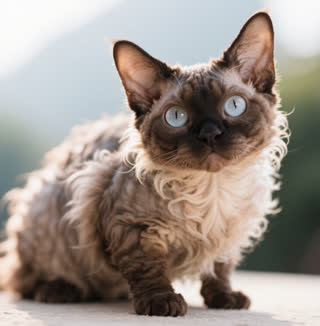1. Origins and Breed Characteristics
Devon Rex: Despite its curly coat, the Devon Rex produces less dander than many other breeds due to its fine, wavy hair that traps allergens close to the skin . However, it is not entirely hypoallergenic and may still trigger mild reactions in sensitive individuals .
Sphynx: Often mistaken for being completely hairless, the Sphynx has a thin layer of peach fuzz and produces less Fel d 1—the primary allergen in cats—than furry breeds . However, its exposed skin requires regular bathing to remove oils that can carry allergens .
2. Hypoallergenic Properties: What the Science Says
Fel d 1 Levels: Studies indicate that Sphynx cats have lower Fel d 1 levels compared to other breeds, making them a better choice for individuals with mild allergies . However, their skin secretions still contain allergens, necessitating frequent cleaning .
Shedding: The Devon Rex’s curly coat sheds minimally, while the Sphynx’s lack of fur means no loose hair to spread allergens . However, the Sphynx’s skin produces more oils, which can transfer to furniture and clothing .
Individual Variability: Allergen production varies between cats, even within the same breed. Testing sensitivity with a breeder’s cat is recommended before adoption .
3. Temperament and Lifestyle Compatibility
Devon Rex: Often described as “pixie-like,” the Devon Rex is playful, curious, and thrives on human interaction . Its high energy makes it suitable for active households, while its loyalty and adaptability make it a great family pet .
Sphynx: Known for its dog-like loyalty, the Sphynx craves attention and enjoys cuddling . It is highly social and gets along well with children and other pets but requires constant companionship to prevent loneliness .
4. Grooming and Care Requirements
Devon Rex: Its short, curly coat needs weekly brushing to prevent matting and reduce dander . Regular nail trims and dental care are also essential .
Sphynx: The Sphynx’s hairless skin requires weekly baths to remove excess oils and prevent skin infections . It also needs protection from extreme temperatures and sunscreen when outdoors .
5. Health Considerations
Devon Rex: Prone to hereditary conditions like hypertrophic cardiomyopathy and patellar luxation . Regular vet checkups and a balanced diet are crucial.
Sphynx: Vulnerable to skin issues, respiratory infections, and dental problems . Its hairlessness also increases the risk of sunburn and frostbite .
6. Cost and Availability
Devon Rex: Prices range from $800 to $1,500, with reputable breeders requiring deposits and health screenings .
Sphynx: Due to its popularity and complex breeding, Sphynx kittens can cost between $1,500 and $3,000 .
